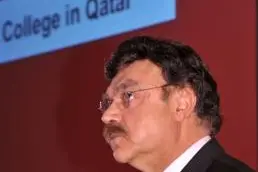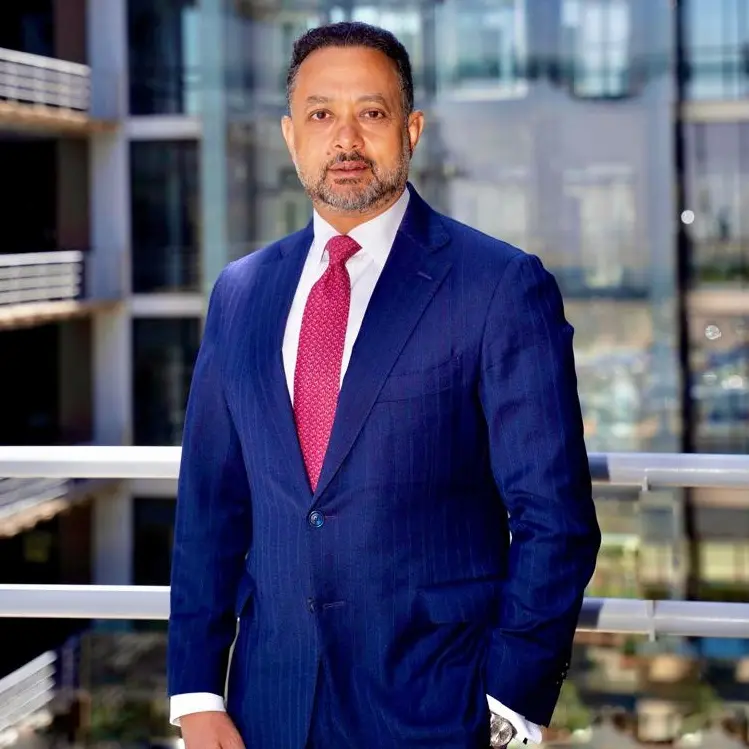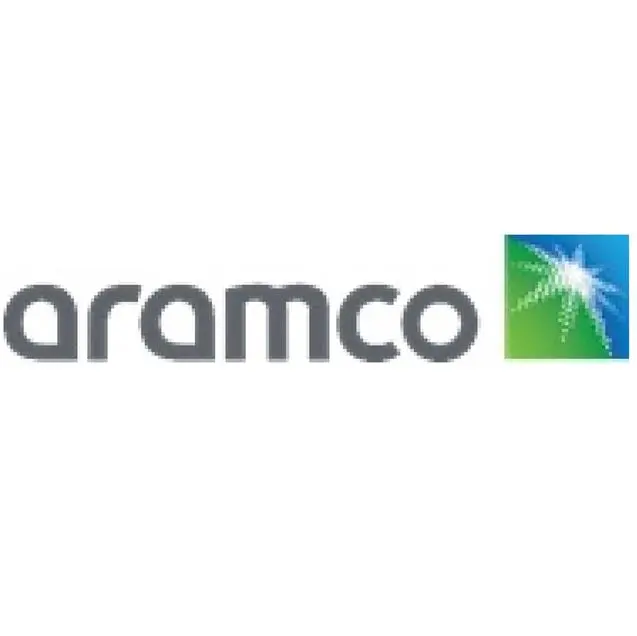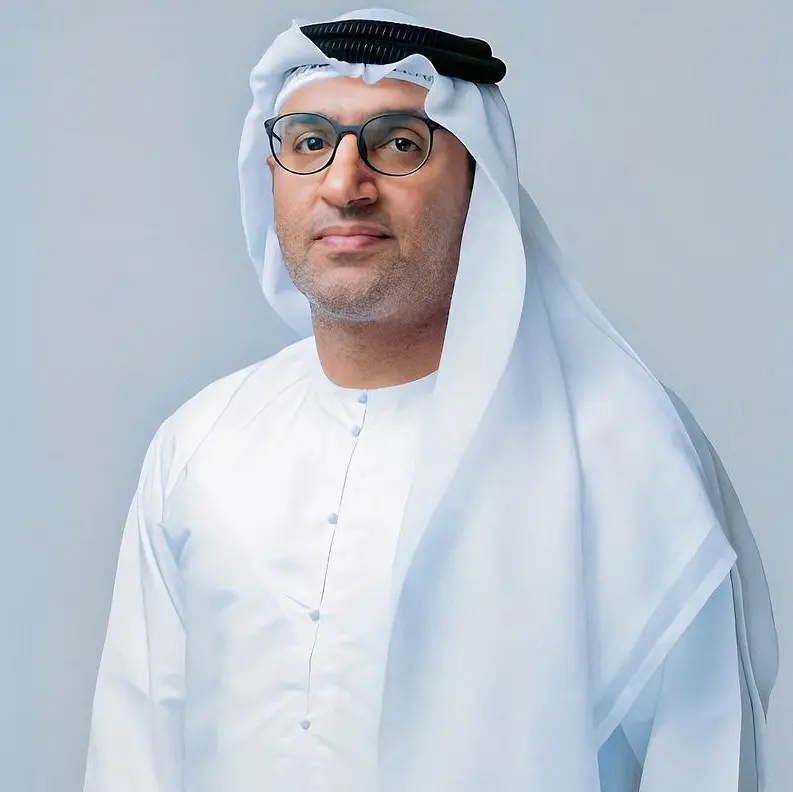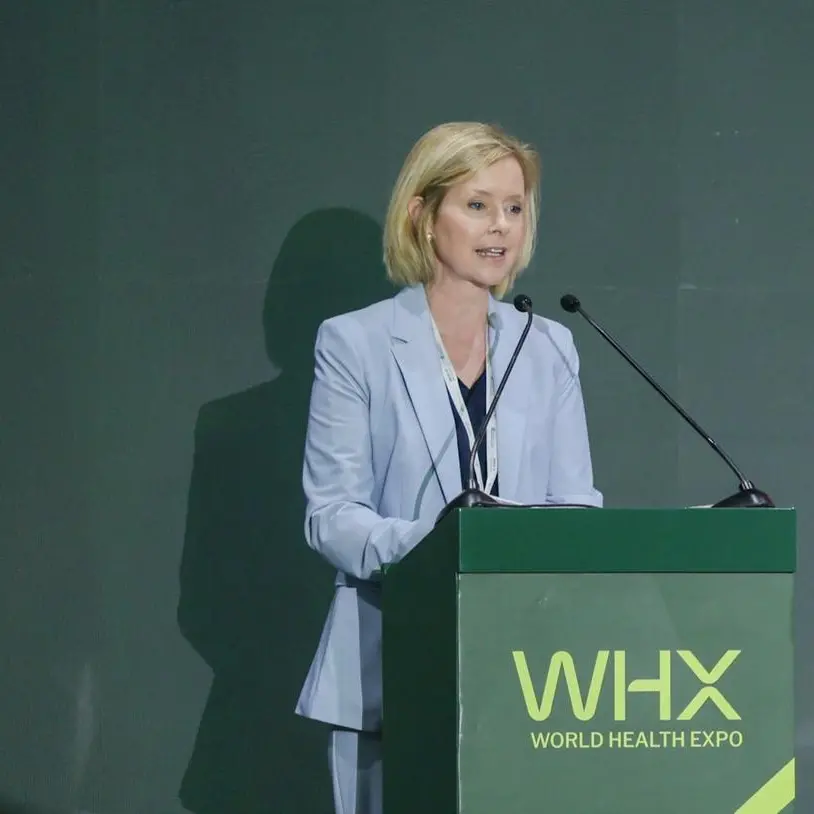PHOTO
Doha - April 1, 2015: Ways to effectively integrate complementary and alternative treatments with conventional medicine were explored at a symposium hosted by Weill Cornell Medical College in Qatar (WCMC-Q). The symposium was attended by more than 200 healthcare professionals.
The symposium, coordinated by WCMC-Q's Division of Global and Public Health, featured speeches by healthcare experts on a variety of integrative medicine topics such as acupuncture, mind-body medicine, and nutritional and herbal supplements. Strategies for enabling self-care and building therapeutic alliances with patients were also discussed.
The symposium, which had the theme 'Integrative Medicine: A Refreshing Approach to Optimum Health', explored the positive aspects of alternative therapies, but also the dangers and risks they can pose to patients. The relatively new movement towards 'integrative medicine' encourages physicians to speak to their patients to ensure that any evidence-based alternative therapies they are using complement conventional therapies and do not endanger health by conflicting with prescription drugs, for example.
Dr. Ravinder Mamtani, Professor of Healthcare Policy and Research at WCMC-Q, explained: "As physicians, we have a responsibility to engage empathetically with patients to discover the complementary and alternative therapies they might be using. One compelling reason for this is that research has shown that a large number of patients make use of complementary therapies, so it would be remiss to ignore this factor.
"Furthermore, there is sufficient evidence that many complementary therapies actually have clinical benefits and can help patients to deal with a variety of conditions and diseases, many of which may cause chronic and disabling pain. Physicians have an obligation to explore how these modalities can help patients and we must therefore also examine new ways to structure healthcare delivery to facilitate the integration of evidence-based complementary therapies with conventional medicine."
Dr. Javaid Sheikh, Dean of WCMC-Q, gave the keynote address. This followed remarks by Dr. David Reilly, Consultant Physician at the National Health Service Centre for Integrative Care in Glasgow, Scotland, who spoke on self-care, wellness enhancement and human healing.
Dr. Sheikh said: "It is extremely gratifying to welcome so many healthcare professionals to WCMC-Q to discuss and explore the impact of complementary and alternative therapies, which is an absolutely crucial issue for healthcare providers in the 21st century. As preventative medicine and self-care become increasingly important, we have a duty to accommodate the complementary therapies used by patients, to understand how they can be beneficial and to raise a warning flag when they could be harmful. This symposium is therefore a wonderful opportunity to discuss how we can work with patients to safely integrate complementary therapies into conventional medicine."
Other speakers at the event included Dr. Benjamin Kligler, who gave an address about integrative approaches to pain management. Dr. Albert Lowenfels, Emeritus Professor of Surgery and Professor of Community and Preventive Medicine at New York Medical College, Valhalla, New York, spoke about the impact of integrative medicine on mortality and morbidity.
Dr. Mamtani then returned to speak about practical measures for the integration of complementary medicine into conventional healthcare. The symposium concluded with an interactive Q&A session moderated by Dr. Sohaila Cheema, Director of the Division of Global and Public Health at WCMC-Q.
She said: "Complementary and alternative therapies are often beneficial and can provide hope to many patients suffering from chronic conditions. But some therapies can present risks. It is therefore very important for physicians to have an open dialogue with their patients to discuss which therapies are safe and how they can be integrated in the overall care package."
Dr. Mamtani added: "It is extremely valuable for physicians to engage in discussions among themselves through events such as this symposium so that we can share ideas about how to prepare for the new era of integrative medicine and ensure that we provide optimum healthcare for patients."
About Weill Cornell Medical College in Qatar
Weill Cornell Medical College in Qatar is a partnership between Cornell University and Qatar Foundation. It offers pre-medical and medical courses leading to the Cornell University M.D. degree with teaching by Cornell and Weill Cornell faculty and by physicians at Hamad Medical Corporation (HMC) and Aspetar Orthopedic and Sports Medicine Hospital who hold Weill Cornell appointments.
Through its biomedical research program, WCMC-Q is building a sustainable research community in Qatar while advancing basic science and clinical research. Through its medical college, WCMC-Q seeks to provide the finest education possible for medical students, to improve health care both now and for future generations, and to provide high quality health care to the Qatari population.
For more info, please contact:
Hanan Lakkis
Media Relations Manager
Weill Cornell Medical College in Qatar
Mobile: +974 55536564
Direct Line: +974 44928661
hyl2004@qatar-med.cornell.edu
© Press Release 2015
